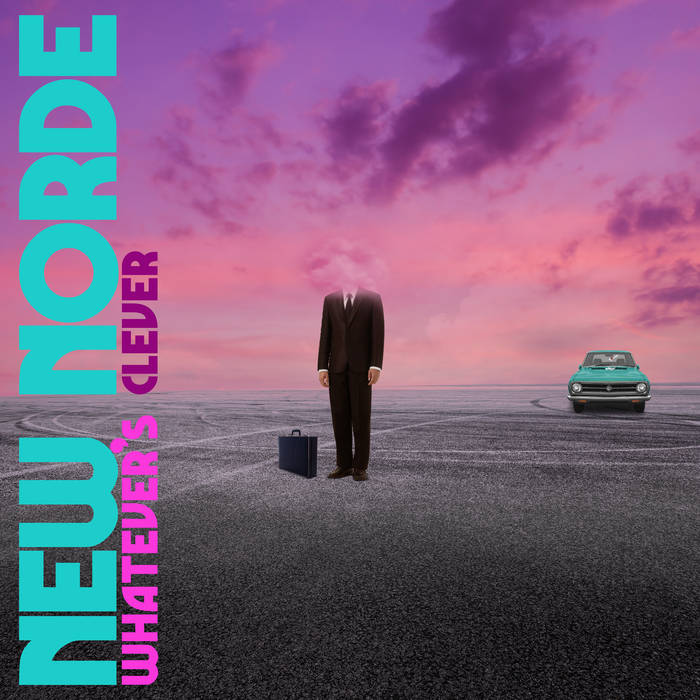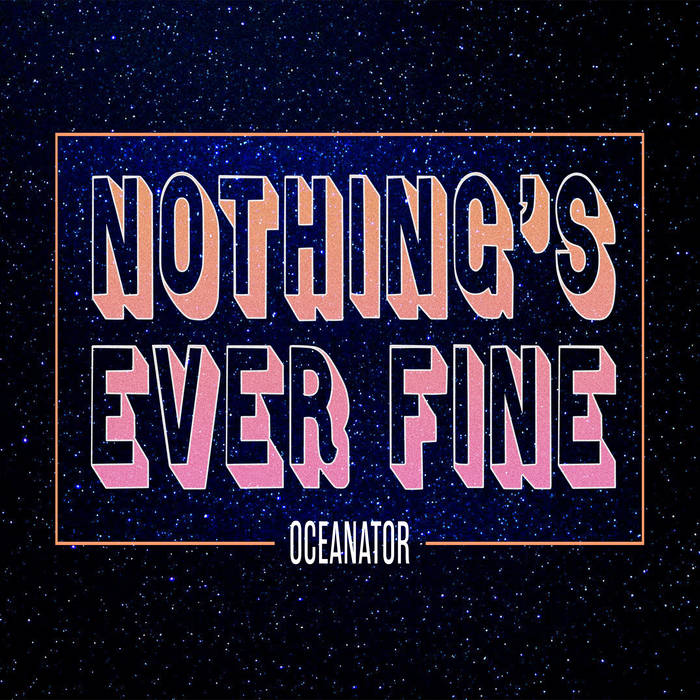
David Quinn "Country Fresh"
David Quinn’s third album was born from a logo on a decades-old ashtray he found in a corner nook at Nashville’s Sound Emporium while tracking his previous record. The amber glass piece had seen better days, but it was the words “Country Fresh” imprinted on the side in its vintage font that grabbed Quinn’s attention. “I never stopped thinking about it and started using the phrase ‘country fresh’ to describe how I was living and all the things that I like. It just stuck with me and once I wrote the song ‘Country Fresh’ it ended up being the whole theme of the record.”
Armed with a dozen new songs after soaking up his new life in the woods, Quinn decided that for this album he’d up the ante and produce it himself. Returning to Sound Emporium with handpicked players, including Laur Joamets (Drivin N Cryin) on slide guitar and solos, Micah Hulscher (Emmylou Harris) on piano, Fats Kaplin (John Prine) on fiddle, dobro, banjo and harmonica, Miles Miller (Sturgill Simpson) on drums, Jamie T. Davis (Margo Price) on guitar and Brett Resnick (Kacey Musgraves) on pedal steel, the album was engineered and mixed by Mike Stankiewicz (Willie Nelson, Shooter Jennings, Jason Isbell) and mastered by John Baldwin Mastering (The Rolling Stones, Merle Haggard, Kris Kristopherson).
Alongside this star-studded ensemble, Quinn recorded a love letter to the midwest with tunes that tell stories of lost love, the open road, and finding one’s place in the world. Country Fresh is a collection of country-fried Americana gems corralled by Quinn’s singular voice and expertly-spun tales of heartache and triumphs amidst a vast midwestern landscape.

New Norde "Whatever’s Clever"
The members of New Norde used to make relatively shiny pop songs as 2000s New Hampshire seacoast stalwarts, The Minus Scale. This new project is a power-pop trio who shamelessly wear influences like Matthew Sweet, Nada Surf, Teenage Fanclub, and Guided by Voices on its collective sleeve.
Forming in the fall of 2019, the band spent 18 months remotely wood-shedding dozens of songs. On April 15th, 2022, New Norde will release their debut EP, Whatever’s Clever (Trash Casual / Mint 400); a selection of carefully crafted power-pop songs about growing up, getting out, taking a damn minute, and cake.

Tim Kasher "Middling Age"
Middling Age is the new album from indie rocker Tim Kasher, also known as the front man for Cursive and the Good Life. On his anticipated follow up to No Resolution, Kasher dives head on into the painful realities and struggles of navigating life as the years climb. Featured artists on the album include; Laure Jane Grace (Against Me!), Jeff Rosenstock, Jayson Gerycz (Cloud Nothings) and Macy Taylor (Bright Eyes, The Mystic Valley Band).

Oceanator "Nothings Ever Fine"
Though Nothing’s Ever Fine’s earliest song dates back to 2014, and several others were written on or after tours in the intervening years, Elise Okusami reconfigured and demoed these songs alone at home between 2019 and 2020. Thanks to the covers recording, live streaming, and documentary scoring she partook in over the past few years, as well as wisdom gained from running the record label Plastic Miracles, Okusami brought a leveled-up ear for production to this album. She also found herself reinvigorated on the guitar, unafraid to tackle some of Oceanator’s most ambitious and masterful playing yet. On the album itself, in addition to performing guitars, synths, bass, keys, and vocals, she serves as co-producer. That role is shared with her brother and longtime bandmate Mike Okusami, as well as her friend Bartees Strange. Working at Falls Church, VA’s 38 North and at Mike’s space in Maryland, the trio eschewed traditional live tracking in favor of recording parts separately as overdubs. They focused on sonic exploration and worldbuilding, dialing in sounds and experimenting with a Wurlitzer, B3, Leslie, and mellotron, among other synths and boutique effects. While the Okusami siblings have decades of collaboration and trust built up between them, which informs Mike’s seamless contributions on bass, drums, and piano, Bartees proved to be a trusted third partner, matching Mike’s excitement on the technical side and working closely with Okusami to find the dream guitar tones she sought—equal parts crystalline and crushing.